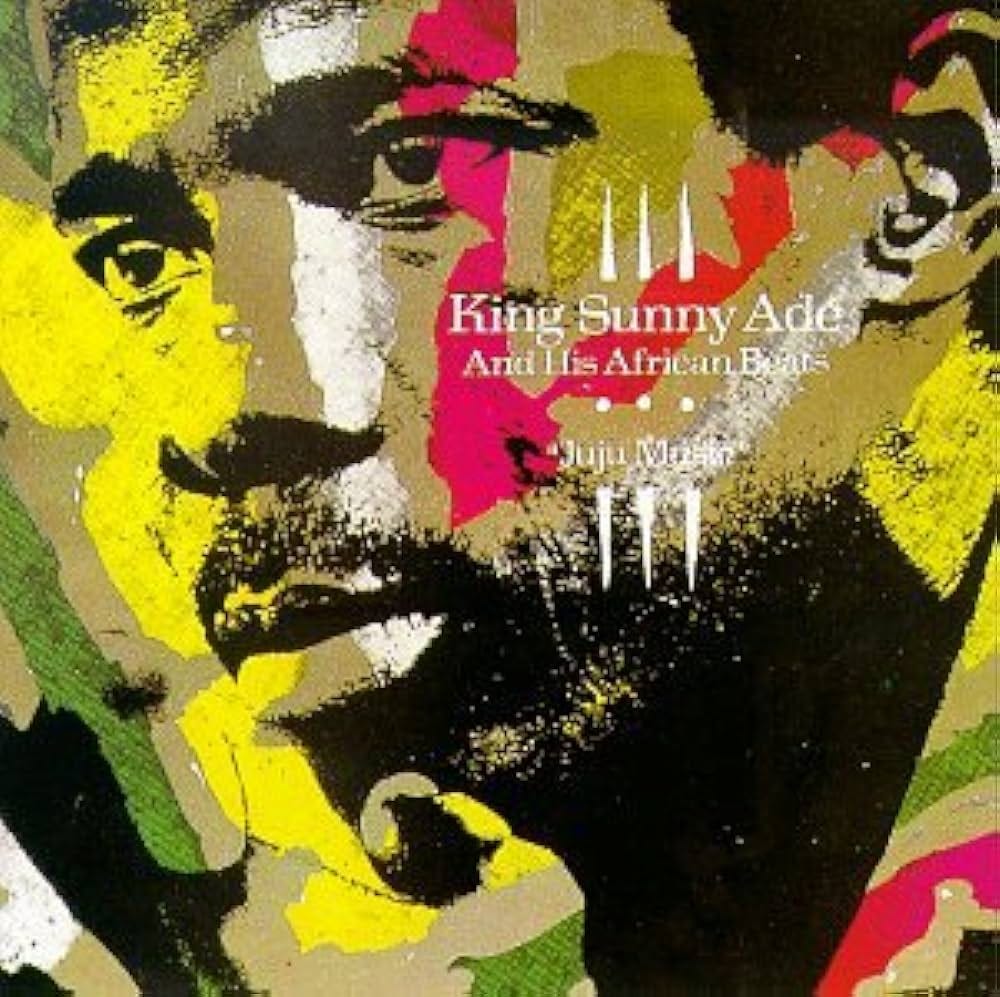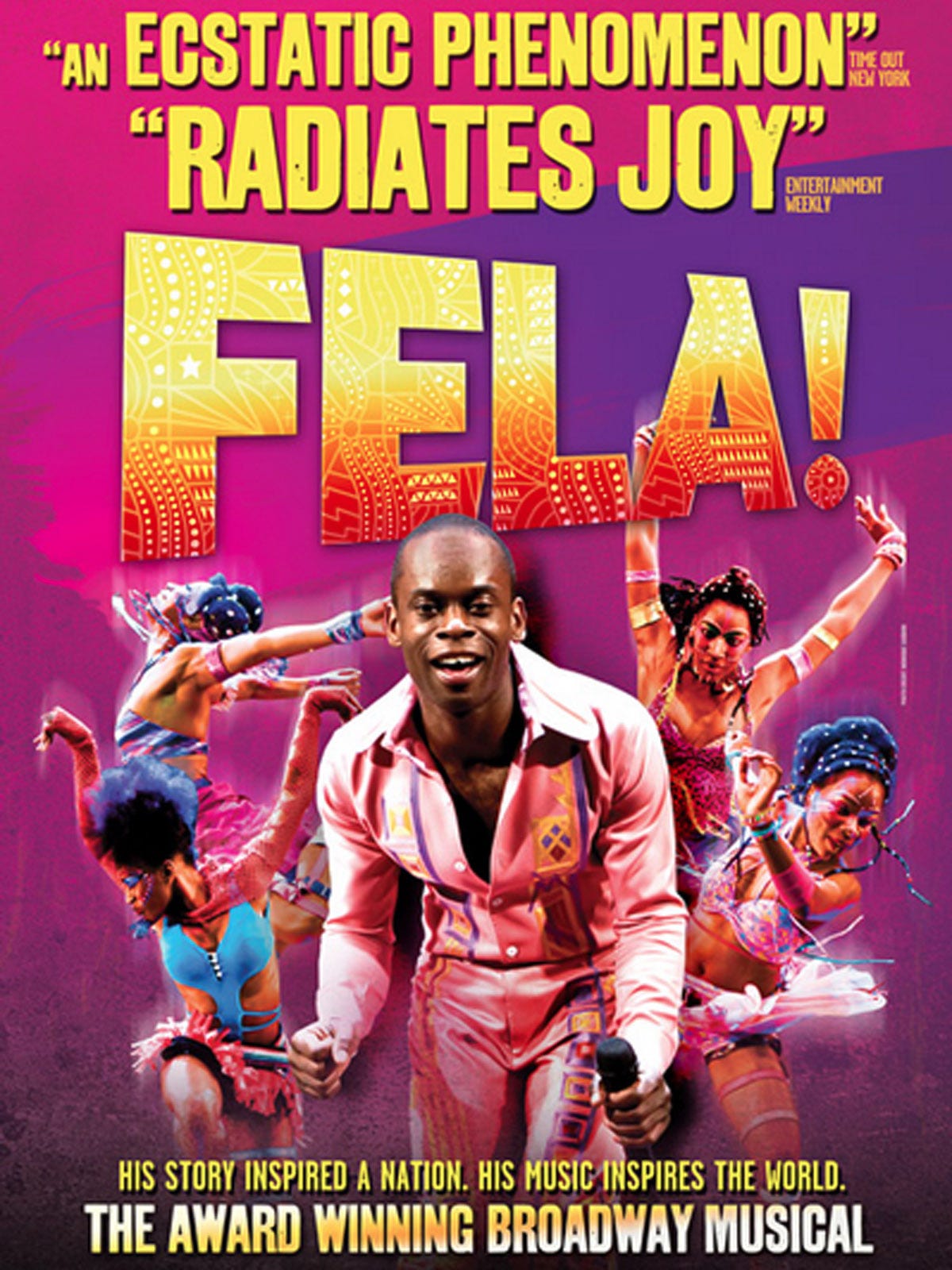A ride in Chicago with Olabode
We are in Chicago for a week. The visit is about half over. We’ve taken four Uber rides so far. These rides have been some of the highlights of the time we’ve spent here. All of the rides have been an education, a look into different worlds. All have been with drivers who were born in other countries.
One Uber ride, Saturday afternoon, was from our hotel to my wife’s children’s apartment, a 6.58 miles trip uptown that took us 21 minutes. (These facts, including our driver’s name, are from the Uber receipt.) This ride was with Olabode, who was from Nigeria. We got in his car at our hotel, and he proceeded to drive us by Lake Michigan on the way to our destination, a thrift shop my wife, Gaywynn, wanted to see.
It was a gusty, rainy day, and the lake was responding to that. It was unruly. Gaywynn and I were excited to see the waves breaking on a slant, the water gray and unfriendly. What an idea to run a major throughway along this vast lake!
Olabode was playing some music from his playlist. The language wasn’t English.
“What language is the singer using?” I asked.
I couldn’t see Olabode’s face as well as I wished, because I was in back, directly behind him.
“That is Yoruba,” Olabode said.
“Is that the language you speak?”
“Yes. Yoruba.”
Olabode gave us a rundown on the languages in Nigeria.
“Do you like the music of King Sunny Adé?” I asked. I knew Adé was Nigerian. I had King Sunny’s album, JuJu Music, on my iPhone. I’d listened to that album for years, even had owned the CD before I ever got a phone. Adé’s music is mellow, sweet. His voice is even-toned, appealing, soothing.
“King Sunny!” Olabode said. “Yes! Tell me a song of his, and I will play it.”
I retrieved my phone and found JuJu Music with its multi-colored cover. I blurted out the name of the album’s first song, “Ja Funmi.”
“That is a great song!” Olabode said. He scrolled through his long playlist on his phone, which was mounted on his dashboard, and found the song. Suddenly, King Sunny’s distinctive voice, like a smooth-running stream, was playing.
In an instant the power of music to unite strangers swept through the car. When I think of all the chasms there are between everyone in the world and how music can bridge them, I become optimistic—even if it was briefly.
“‘Ja Funmi’ means ‘God fight for me’ in Yoruba,” Olabode said.
“Is King Sunny still alive?” I asked.
“Oh yes. He is still very much alive.”
In the back of my mind I was thinking of a musical I’d seen on Broadway at least ten years ago. My damn aging mind couldn’t retrieve it, though. I knew, somewhere, that the singer the musical was about was Nigerian. Who was he?
We drove on. I was animated. Olabode was animated. Gawynn was animated. King Sunny Adé was singing us on our way. Olabode turned off Lake Shore Drive and headed onto Wilson Street, toward our destination.
“You know,” Olabode said, “if you like King Sunny, you must listen to Fela.”
Yes!! That was it!! Fela! That was also the name of the show I’d seen on Broadway! One of the best evenings I’d ever spent at the theater. Fela appeared on Broadway from 2009-2011, so it was at least twelve years since I’d seen it.
“Wasn’t he that musician who died of AIDS?” That seemed a ridiculous detail to have remembered and to start the conversation with.
“Yes. His music is fantastic.”
“I know. I saw the Broadway show!”
Now Olabode got into it. Clearly, Fela was somebody that he revered. Fela, who died in 1997, was much more than a musician. He was a movement.
Then, bit by bit, as Olabode spoke, I recalled details of the musical, which was absolutely incredible—joyous, painful, exciting, tragic, with great music and great dancing. (If you check out the link here, make sure you look at the sample video of the show.) Olabode explained, in less than a mile, Fela’s story. Then unfolded a history of courage, nationalism, tyranny.
Fela’s full name was Fela Aníkúlápó Kútì. He was sui generis, a unique figure, an artist who disdained authority. This is from Wiki: “After early experiences abroad, he and his band Africa 70 shot to stardom in Nigeria during the1970s, during which he was an outspoken critic of Nigeria’s military juntas.”
“His mother was an activist,” Olabode said. “She fought for women’s rights in Nigeria. She was thrown out of a window by soldiers. That is how she died.”
Meanwhile, Olabode put on some of Fela’s music.
Indeed, as early as the 1940s, Fela’s mother established a women’s union and fought for women’s rights in Nigeria. I remembered her presence in the Broadway show. The actor who played Fela salutes his mother’s large photograph at the beginning of the show. Olabode told us how Fela rejected the junta’s rule and created his own compound, like a separate country.
From Wiki: “[Fela] Kuti was highly engaged in political activism in Africa from the 1970s until his death. He criticized the corruption of Nigerian government officials and the mistreatment of Nigerian citizens.” This got him into trouble more than once. He was jailed in the 80s for nearly two years. He was, throughout his life, unbowed.
“I loved that musical!” I said again.
“Yes, my wife and I saw it here!” Olabode said.
We were in the presence of not just music but courage.
We arrived at our destination.
“You have made my day!” Olabode said, with heartfelt enthusiasm.
“Ours, too!” we both said.
I felt Olabode’s generosity and enthusiasm all around us. That the common language of music had blessed us all. In twenty-one minutes, we had had a shared experience. It was genuine. It was strong. It was beautiful.
I didn’t want to leave. Of course, we did leave, though.
Ja Funmi, Olabode.





I adore Chicago. Been there a couple of times. The last one was with my better half Leslie. We spent a week there for our 20th wedding anniversary. Dropped our car off at a station between Nashville and Memphis, and then we took an overnight train to downtown Chicago. We, too, used cabs all week to go all over the city...as well as to Oak Park, the Land of Hemingway. Each of the drivers were a treat.
Such a fine one! I think I liked it even more than the last, which 'till this was my favorite. And thanks for the link. I much enjoyed and was informed by Fela and the performance.